Physiological reasons of poor sleep and what to do about them: Part 1
1When you have trouble sleeping, it is useful to conduct a thorough investigation and try to get to the root of the problem. We often do it by method of elimination. First, we take a look at the environmental factors of sleep and tweak those to see if the changes help us sleep better. If environmental factors don’t make a lot of difference, we dig deeper and take a look at our physiology to see if there is an obvious physiological reason that is messing up our sleep.
Today we will take a look at some physiological reasons of poor sleep and discuss some common-sense strategies for dealing with those.
-
Chronic pain
If you are in pain at night, it is hard to fall asleep and stay asleep. Dealing with chronic pain is a complex issue and requires attention during daytime hours. At night we can try the following strategies to ease the pain:
- Notice what kind of evening activities make pain more manageable (like going for a walk, or taking a bath) and engage in those activities before bed.
- Figure out the most comfortable sleeping position that eases the pain. Sometimes it might involve props, like neck pillows or whole-body pillows.
- Develop a dedicated therapeutic yoga practice that helps to manage the pain during the day and calms the nervous system down so that there is less agitation about the expectation of pain.
- Train the brain to differentiate between pain and sensation and recognize when you are experiencing one or the other.
- Bring your attention to the difference between pain (actual physiological sensation) and suffering (your response to it). Work on changing the attitude toward pain.
-
Digestive distress
One of the most common reasons little babies cannot sleep is acid reflux, when some of the stomach acid flows upward into esophagus. Adults can experience reflux as well and it often manifests as heartburn. This and other types of digestive distress might prevent you from falling asleep. Here are some suggestions for managing digestive issues:
- Eat smaller meals to ease the process of digestion.
- Do not eat too close to bedtime to allow sufficient time for digestion.
- Avoid foods that seem to trigger heartburn, such as fried and fatty foods.
- Try elevating the upper body in bed a bit and see if it makes a difference.
If the symptoms become worse, talk to your doctor about prescription medication and other procedures.
-
Frequent urination
Getting up in the middle of the night to use the bathroom is a common occurrence for many of us. however, if you have to get up 3, 4, 5 times or more, it really affects your sleep quality, even if you fall back asleep right away. An obvious strategy for dealing with frequent urination is to limit your liquid intake before bed. You still need to stay hydrated, but try to take your liquids in earlier in the day. If this doesn’t help, it might be useful to talk to a urologist to see if there are any bladder troubles that can be addressed. If you do have to get up once or twice a night to use the bathroom, try not to turn on the lights and make it as quick as you can.
-
Hot flashes
Hot flashes are common in women who are going through menopause, but they can also show up for other reasons (for example, as a response to certain medications). If you wake up in the middle of the night drenched in sweat, it can be difficult to fall back asleep. There are four main strategies to deal with menopausal hot flashes:
- External temperature management (making sure that your bedroom is cool while your bedding and sleep attire are light).
- Internal temperature management (making sure not to overheat yourself before bed with vigorous exercise or other heat-stimulating activities. Using yogic techniques like Chandrabhedana, Shitali or Sitkari to cool yourself down).
- Hormone management (using natural supplements or other substances recommended by your doctor to maintain your hormonal balance).
- Dosha management. According to the Ayurvedic tradition, menopause marks the transition from Pitta phase of life to Vata phase. During this transitional time imbalance in both doshas is possible. Hot flashes are said to be related to a build-up of Pitta in deeper tissues that occasionally gets released as a hot flash. Imbalance in Vata dosha can “fan the flames” of that heat wave. A qualified Ayurvedic practitioner can recommend appropriate food choices, ayurvedic supplements and lifestyle changes to help you manage your doshas. (Check out this great article about managing menopause with Ayurveda >)
Next week we will cover other physiological reasons of poor sleep – tune in!
[jetpack_subscription_form]

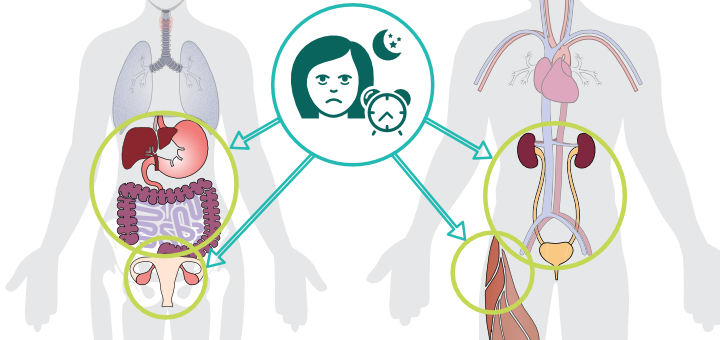

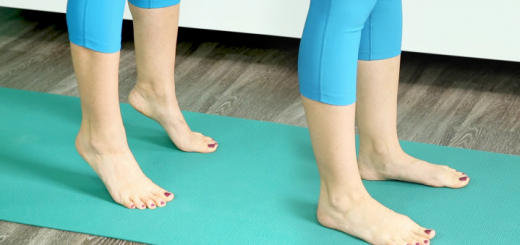
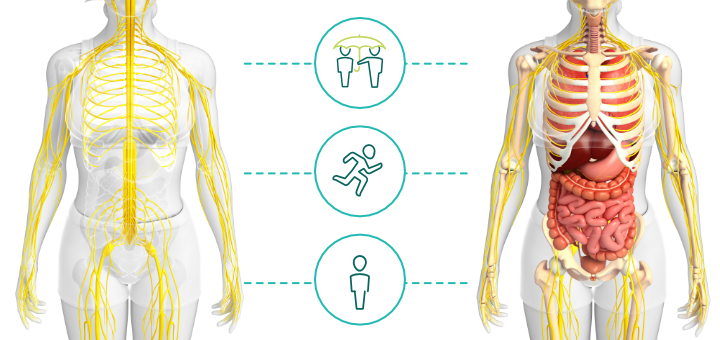
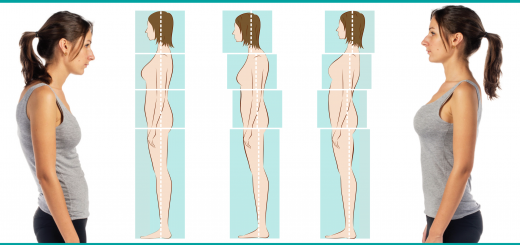













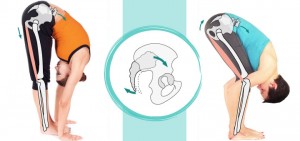
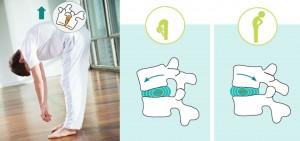
Great information as usual! An additional thing to look out for regarding frequent urination is blood sugar levels/insulin resistance. This is more common than most people realise and can first be assumed to be problematic if the person eats frequently throughout the day, and of course if they eat a lot of sugar/carbs. A blood sugar test is useful to determine if this is an issue.